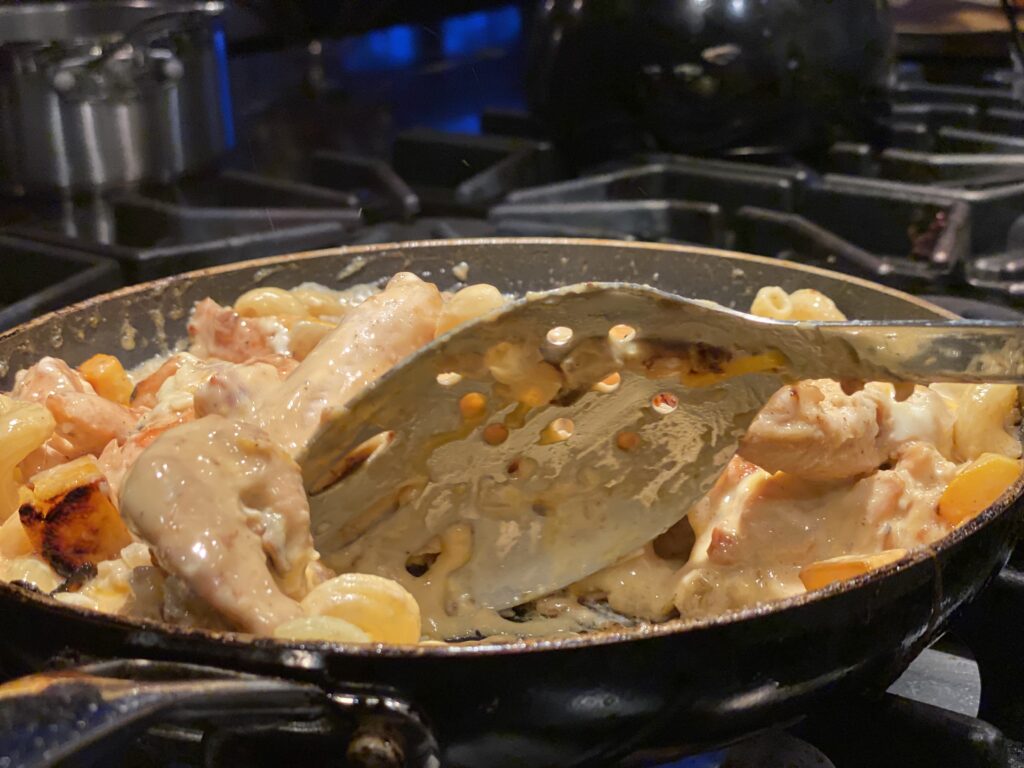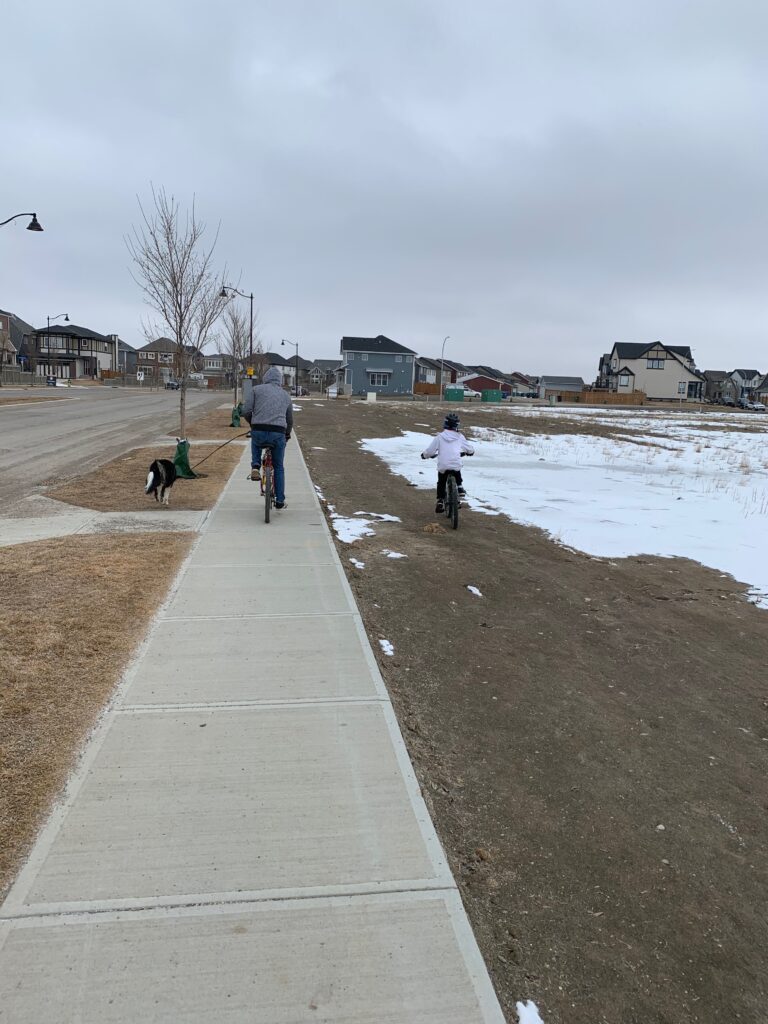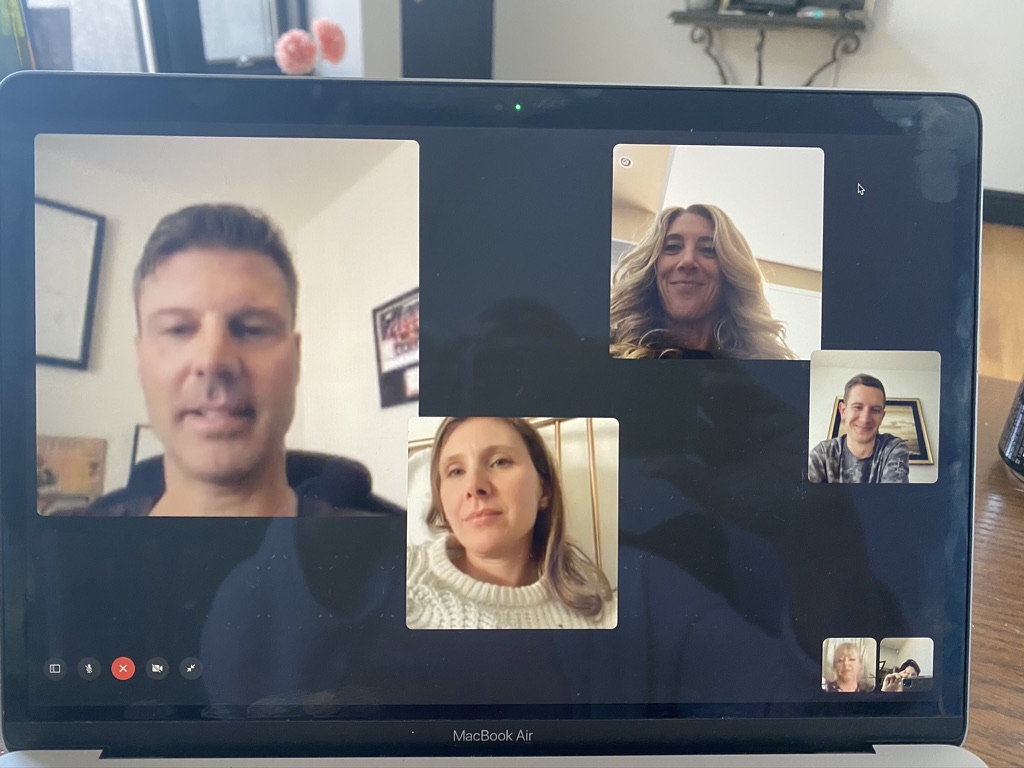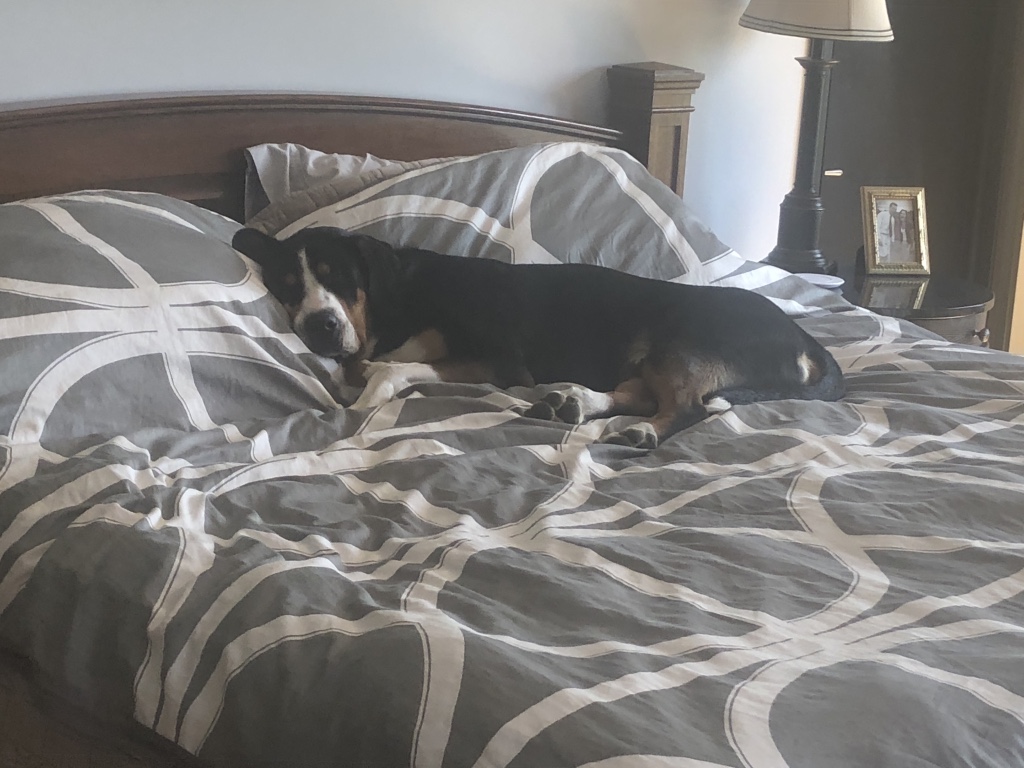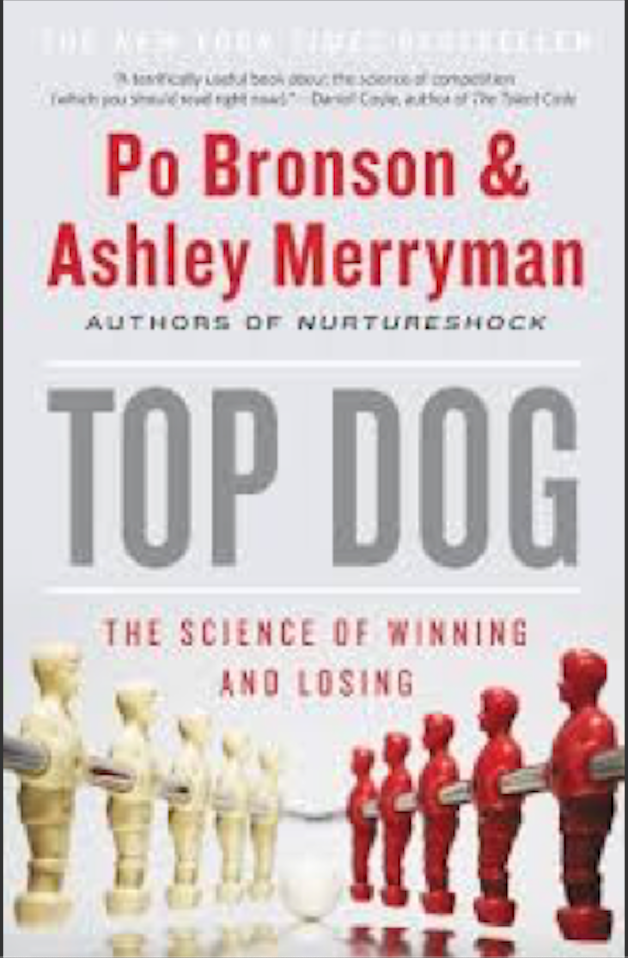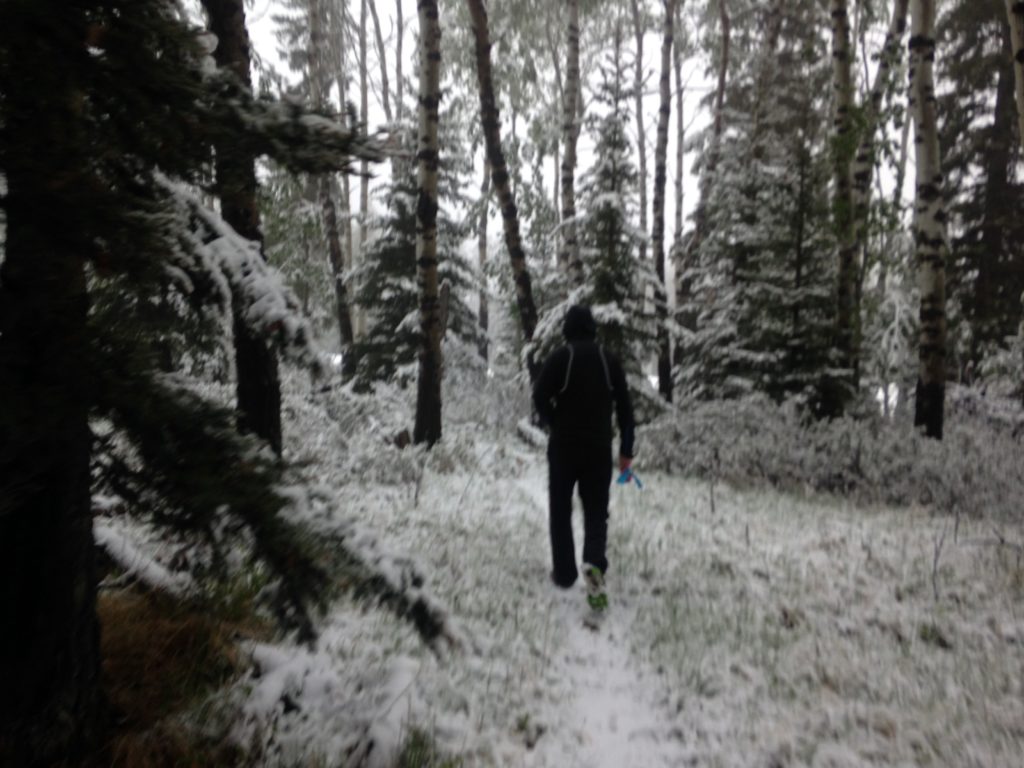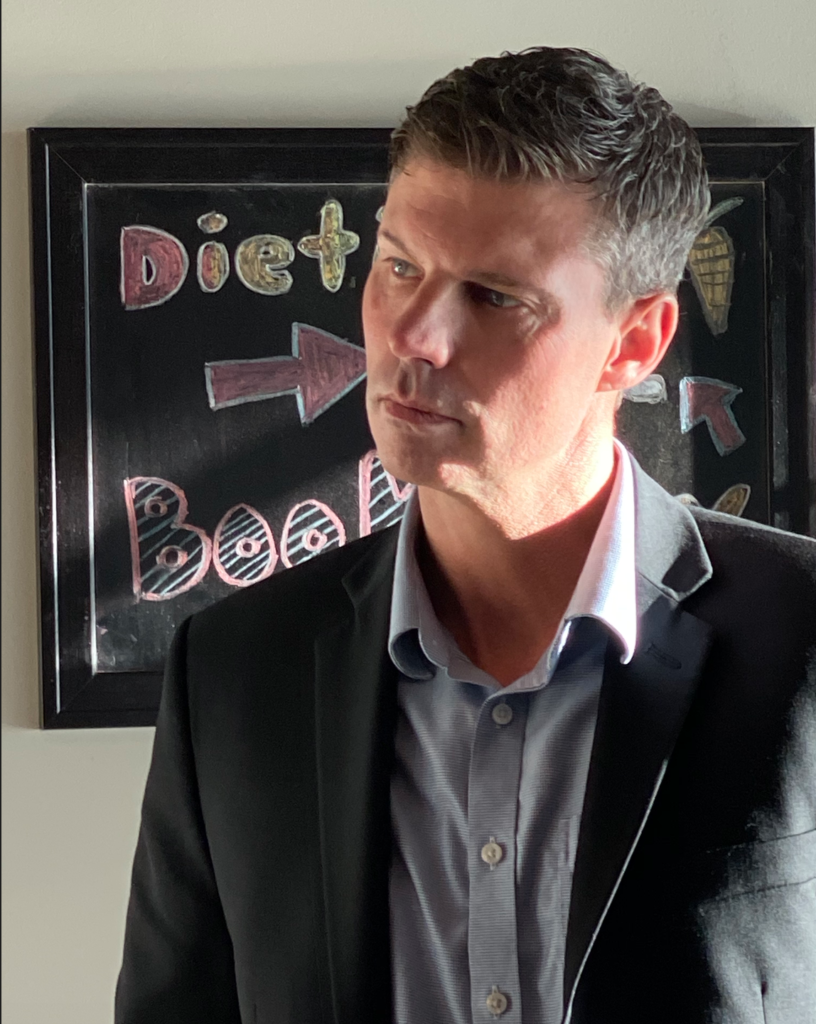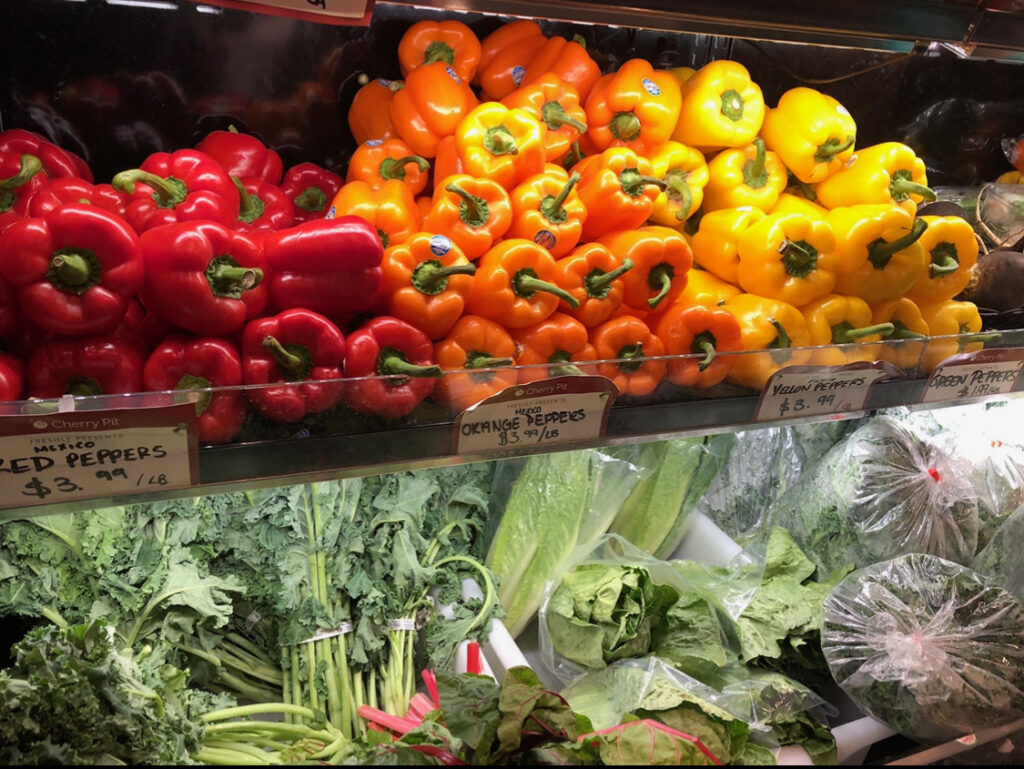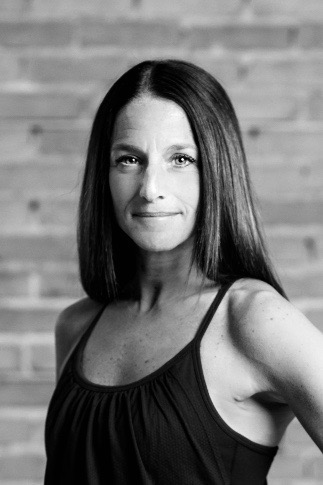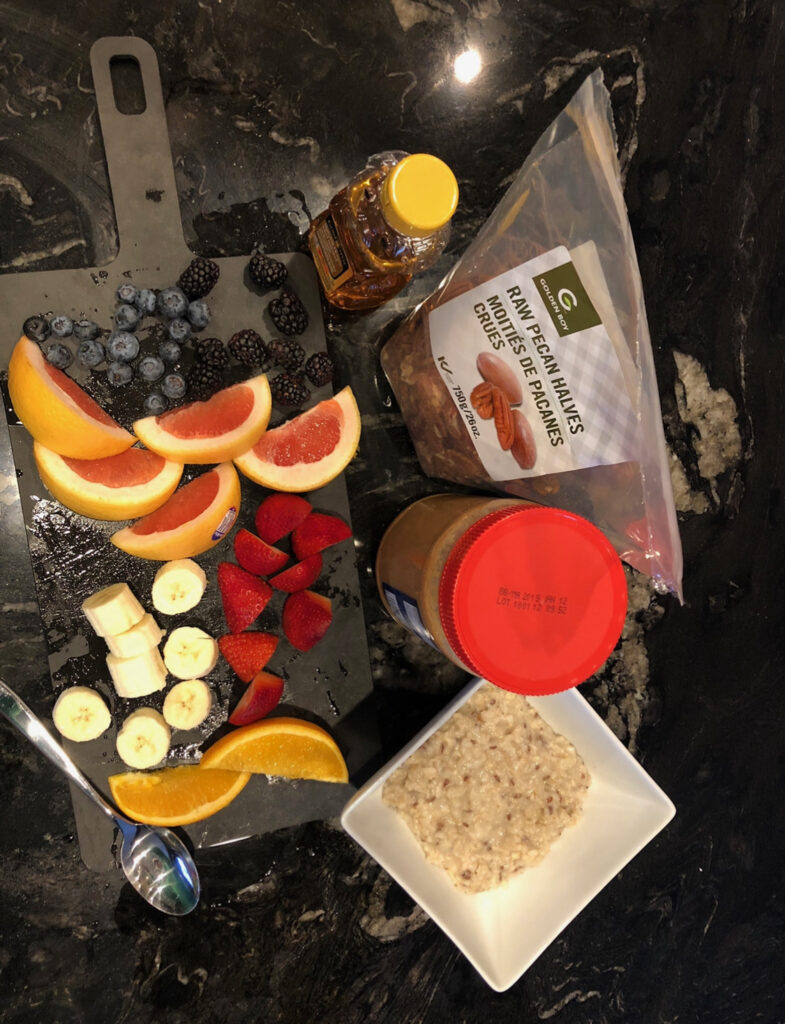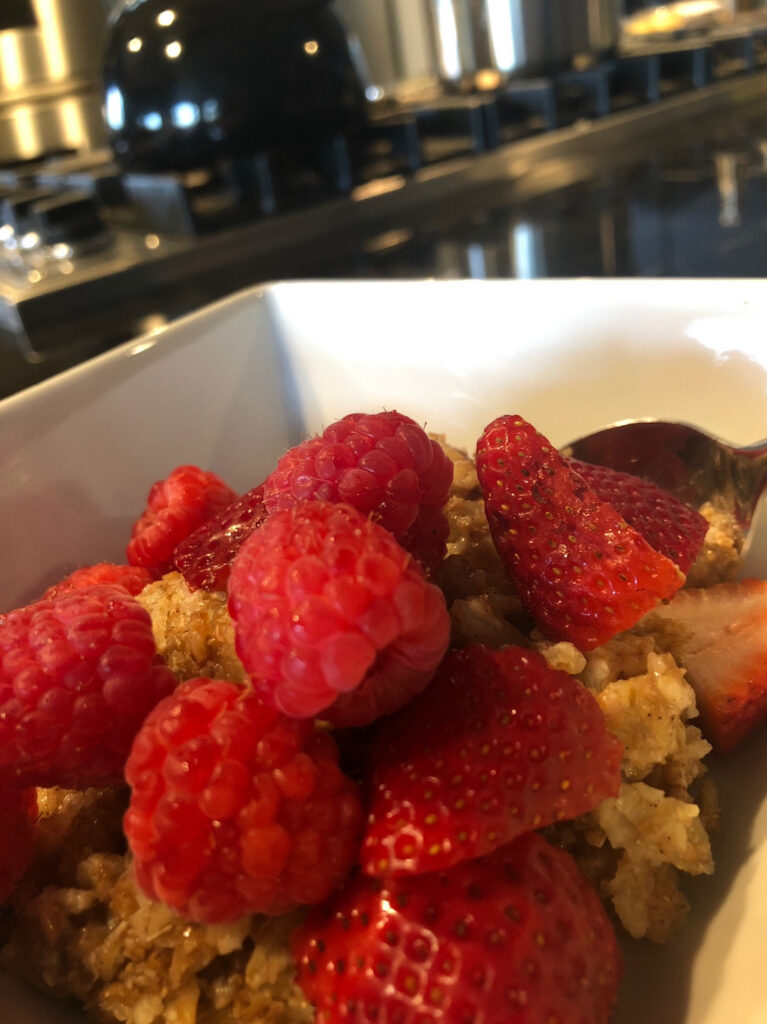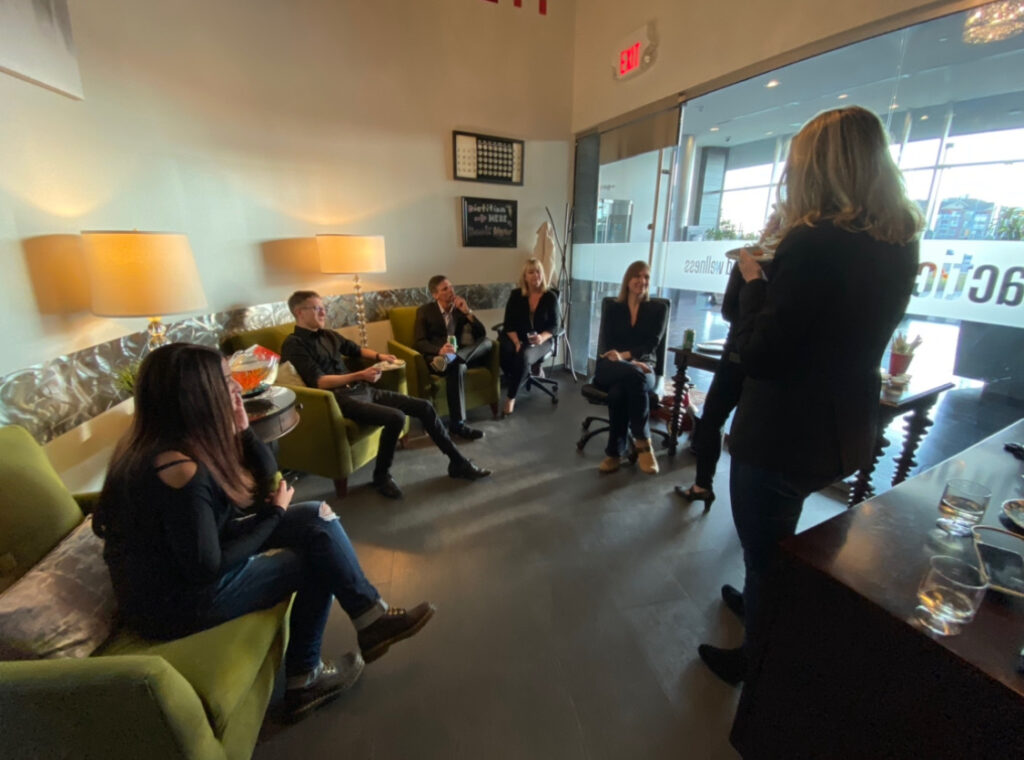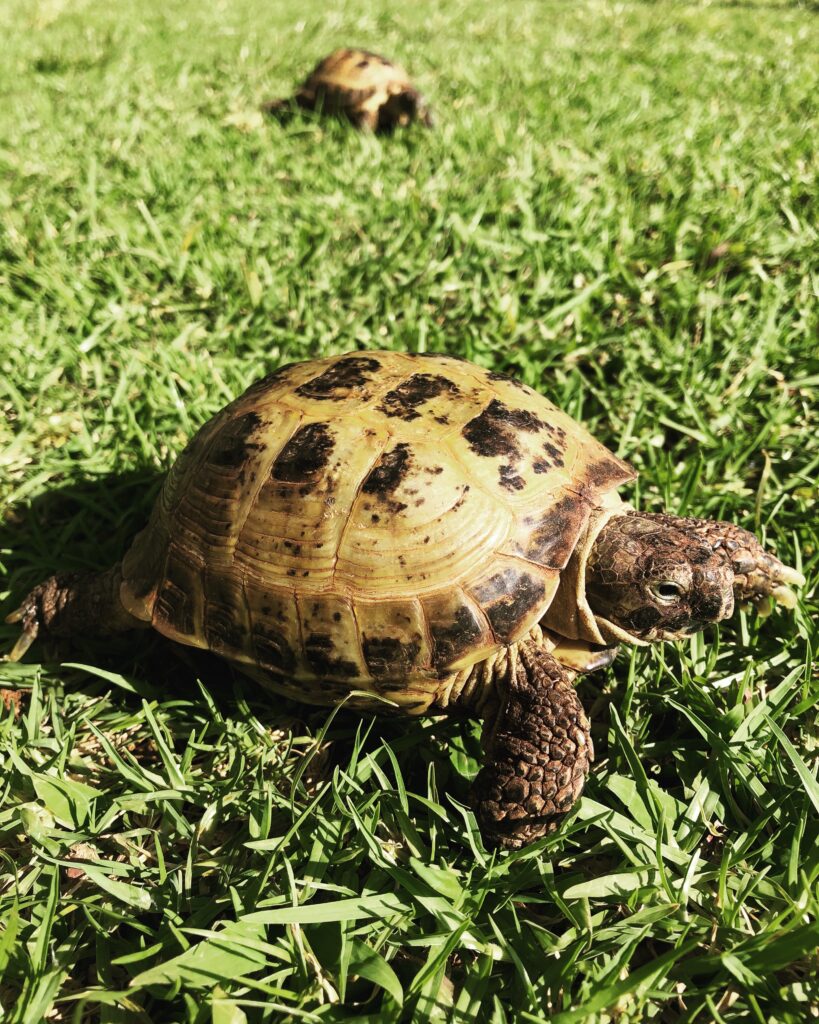Everyone needs to deal with the pandemic in their own way, so in no way do I want to push an agenda here. Instead, I’d like to consider the possible use of focusing on wellness, health, and opportunity to at least try to counter balance the negative.

Behind the clouds you’ll find the sun, and in the chaos you may find opportunity. Remember though, you won’t find what you are not looking for.
Let This Spark Change. It is hard when we think all day long about what we can’t do. When a mindset of restriction and limitation sets in our brains naturally seek out information that confirms this belief. It actually magnifies it too, because negative thoughts are magnetic and collect allies in rapid time. To get out of this spiral, you have to intentionally look for areas where either we are not limited or where we are benefiting. This is a far cry from being glad that this has happened, that is too far of a stretch for me, but I can acknowledge that not everything that I have changed as a result of isolation has been bad. Without my commute, it is easier to work out during the day (these are not good work outs by the way), and my friendships have become a priority and therefore are deepening. I’ve been pushed to learn about on-line group delivery, and now that I see how much easier it is for people to attend these I will prioritize this service delivery going forward. Is it possible that after isolation we will continue to intentionally seek out connection? I hope so.

Being so intentional about coming together has imparted on me how much I love and need my friends.
Form Healthier Habits. I don’t think that now is the time to overhaul your life, although by all means do it if it is right for you. But this could be a time to break the all-or-nothing rigidity that stops so many of us from taking self-care seriously. The reason I think this may be the right time to learn about the importance of small steps is that many of us feel like small steps are all we have got right now. Being satisfied with a less-than exercise session, eating a slightly healthier dinner, or keeping the sweets to a smaller portion while refusing to beat yourself up would be examples of small-step change that interrupt black-and-white thinking. This is important because our own rigidity and judgement are the ultimate destroyers of personal change.
FINALLY Learn to Let Go. I had an amazing conversation with someone last week. He shared that his entire life he has resisted accepting what is and that finally, he has accepted he is not in control. Pain often comes from the reality of our world, but suffering comes from our mental and emotional resistance to it. If you can be patient with yourself, and slowly notice where your attention has shifted from acceptance of what is to resistance, then you can gently invite yourself to acceptance. This will pass and it will unfold as it will. If you focus on positive action towards things you can control, you will weather the storm in a better state.
The Buddha’s Brain by Rick Hanson, Ph.D. with Richard Mendius, MD is a great book filled with neuroscience explanation and practical tips to help separate pain from suffering.

When it all rises too high, I am reminded that there is nothing we can do but surrender to the reality that we are ultimately not in control. After the panic, there is peace.
Shift into Self-Compassion. You’re tired, cranky, short with your family, not as productive as you should be…the list of shortcomings is endless these days. Rather than constant striving to be 100%, maybe you could just give yourself a break. Be kind, recognize that your 100% today is at a different level, and where did we even get the idea that being 100% all the time is the goal? What about saying, “that’s ok, it’s a big day” or “hey, maybe you need a rest and reset here?” Instead of giving space to the nagging inner-critic, what if you actually wished yourself wellness, peace, and health?
My absolute favorite speaker on the subject of self-compassion is Sharon Salzberg. While all her work is worthy of attention her book, Real Love: The Art of Mindful Connection is profound yet practical.
A couple of more resources:
Chelsea Gohd wrote a fun and on-point article sharing tips from astronauts for coping with isolation:
https://www.space.com/astronaut-tips-for-handling-isolation-coronavirus.html
Join our community as we discuss positive changes we can focus on during isolation! We’re hosting a free ZOOM session Thursday April 16, 2020 at 4:30pm.
Email booking@thepracticecalgary.com for the link to join.
In health,
Carmen


